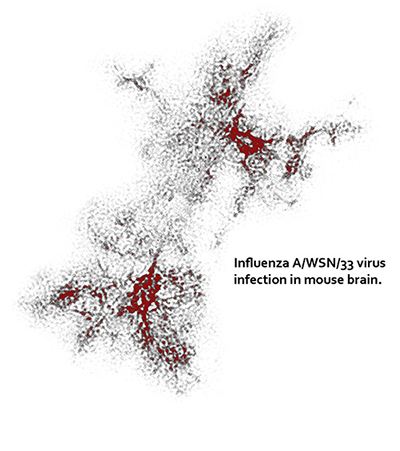
Research focus
Despite tremendous progress in our understanding of genetic risk factors for some of the major psychiatric illness, the mechanisms underlying the appearance of diagnostic symptoms remain elusive. This lack of knowledge currently prohibits advances in the prevention and treatment of these disorders. By an interdisciplinary approach, our laboratory seeks to further our understanding of how environmental and genetic factors contribute to the development of neuropsychiatric disorders. To this end we have taken an interdisciplinary approach combining epidemiology, genetics, and proteomics to supplement existing register-based data with individual level molecular information. We thus hope to provide a better understanding of how environmental factors act on individual risk genotypes from neonatal life through diagnosis in childhood or early adulthood in a large sample representative of the general population of Sweden.
Using the unique Swedish biobanks and registers we have previously reported risk for serious psychiatric illnesses such as schizophrenia and autism associated with deficits in key factors of the acute phase response at birth. Register-based studies indicate that exposure to serious infections during childhood also contributes to the development of psychiatric illness later in life. Our current work focuses on understanding the mechanisms explaining variation in immune markers at birth and how such variation potentially modifies the outcomes of infections during early childhood, a critical period of brain development.
